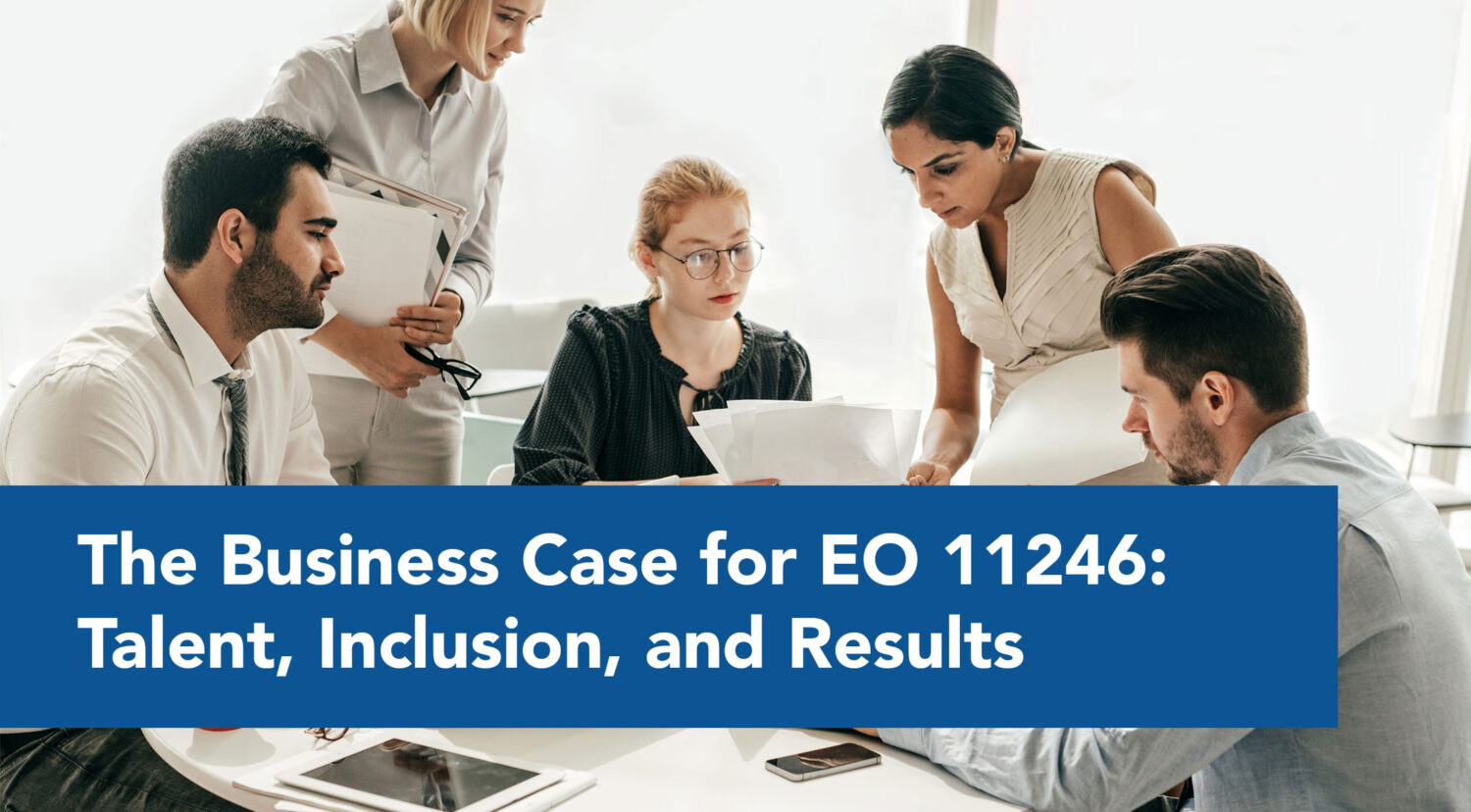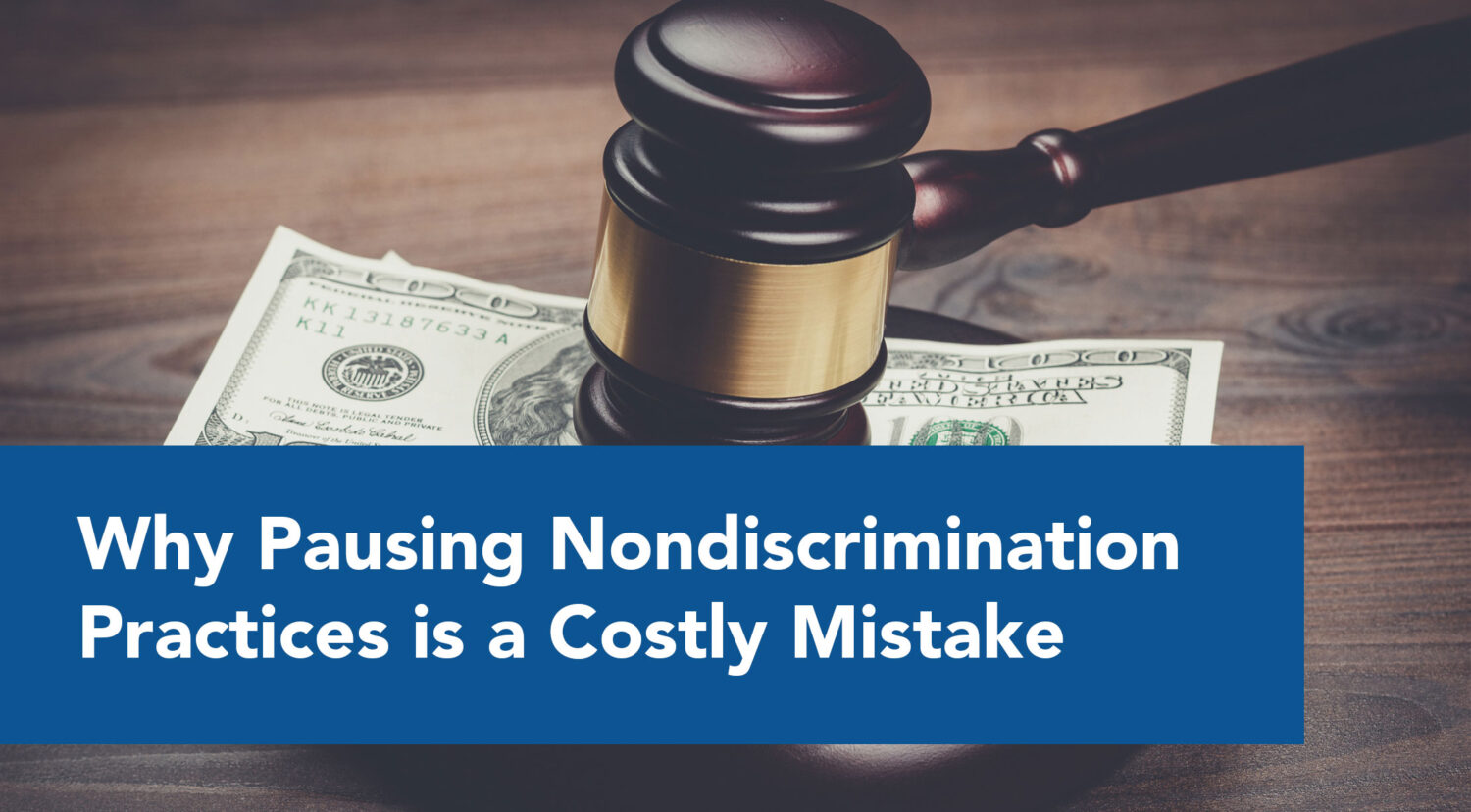

Executive Order 11246 has long been recognized as a cornerstone of workplace equity and compliance—but its impact extends far beyond regulatory checkboxes. For decades, it has quietly instilled a disciplined, proactive approach to fair employment practices—one that has proven to be not just ethically sound, but strategically smart.
At the heart of EO 11246 is a requirement that sets federal contractors apart: the routine, in-depth self-audit of their employment practices. Unlike many private-sector employers who react to problems after they arise, federal contractors are expected to evaluate their data regularly, identify potential adverse impacts, and take corrective action before discrimination takes root.
This ongoing discipline has paid off—not only in fostering fairer workplaces, but in minimizing legal and financial risk.
The Numbers Tell the Story
In 2023, the OFCCP (Office of Federal Contract Compliance Programs) secured $17.3 million in financial settlements to resolve alleged employment discrimination—primarily under EO 11246.
In contrast, the EEOC (Equal Employment Opportunity Commission), which enforces Title VII in the private sector, collected a staggering $138.7 million in monetary benefits from non-federal contractors to remedy workplace discrimination.
That’s more than nine times the financial liability faced by federal contractors.
This disparity isn’t coincidental—it’s the result of decades of federal contractors maintaining a system of checks and balances within their employment practices. EO 11246 demanded that employers not only comply, but prevent. It fostered a culture where HR decisions and employment practices are guided by data, equity, and accountability.
A Strategic Edge for Employers
What EO 11246 gave federal contractors was more than a compliance requirement—it provided a business advantage:
- Early detection of risk through self-monitoring and data analysis.
- Fewer costly settlements, saving millions in potential litigation or government action.
- Workplaces built on merit, free from bias tied to race, ethnicity, gender, or other protected categories.
- Greater trust from employees, who see fairness as more than just a slogan.
For employers, this means better decision-making, stronger retention, and an enhanced reputation. For employees, it means a level playing field.
Today, the most successful companies don’t wait for lawsuits. They act early. They train their leaders. They track their metrics. They correct their course. And they build cultures of fairness that drive innovation and attract top talent.
The business case is clear: EO 11246 works.
In essence, Executive Order 11246 serves as both a shield and a guide. It helps dismantle the lingering effects of past discrimination by embedding fairness into everyday decision-making. It safeguards both employers and employees—whether in federal contracting or the private sector—by promoting accountability, transparency, and trust. Most importantly, it reinforces a standard where employment decisions are driven not by bias or background, but by what truly matters: merit, capability, and the potential to contribute and lead.
The enforcement of Executive Order 14173 is transforming compliance requirements for federal contractors. Join us on April 30, 2025, at 10:30 AM PST for an exclusive virtual roundtable led by government officials for clear, actionable guidance to navigate the evolving regulatory landscape confidently.
Need guidance on federal contractor compliance? Contact us today for expert insights and support.





